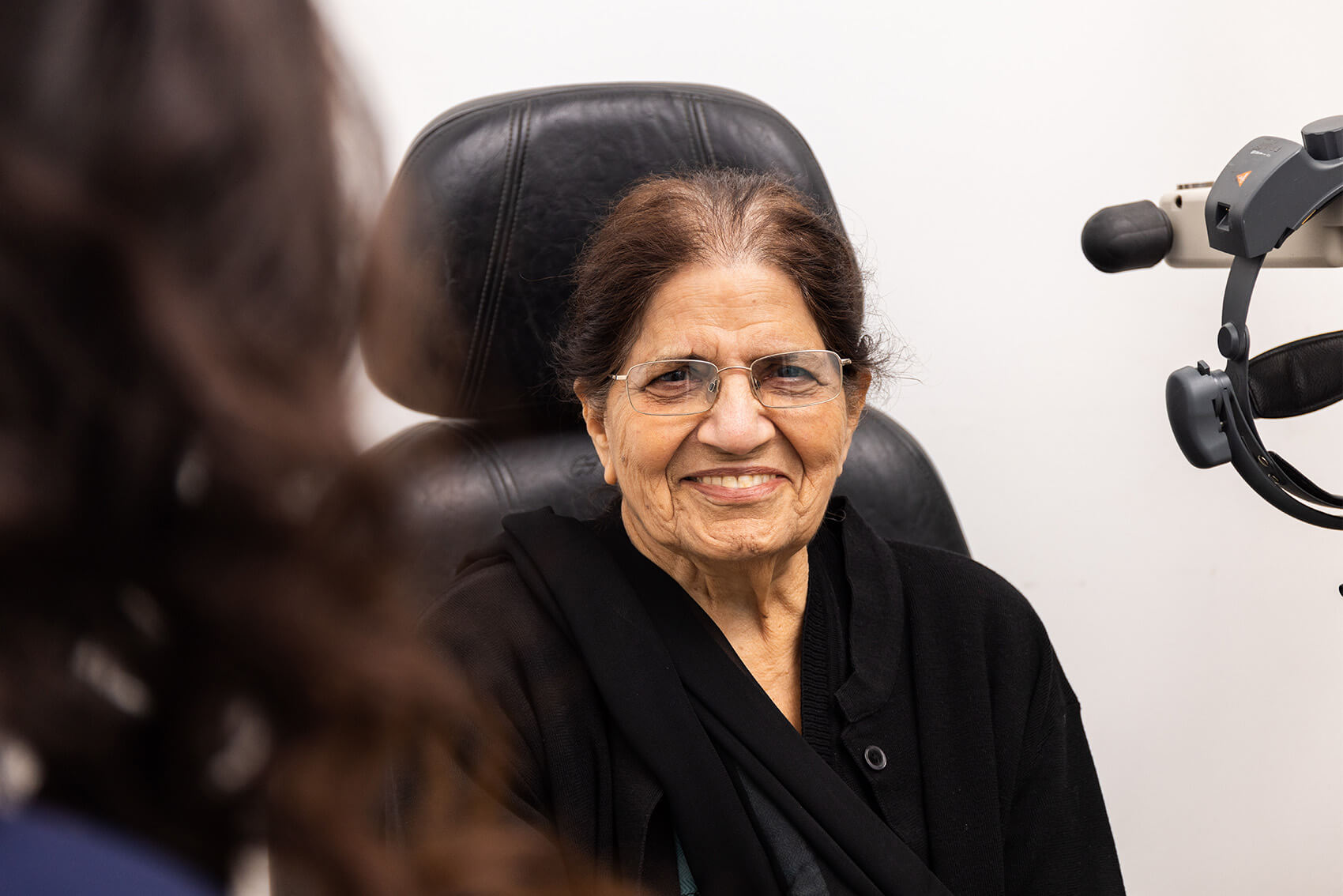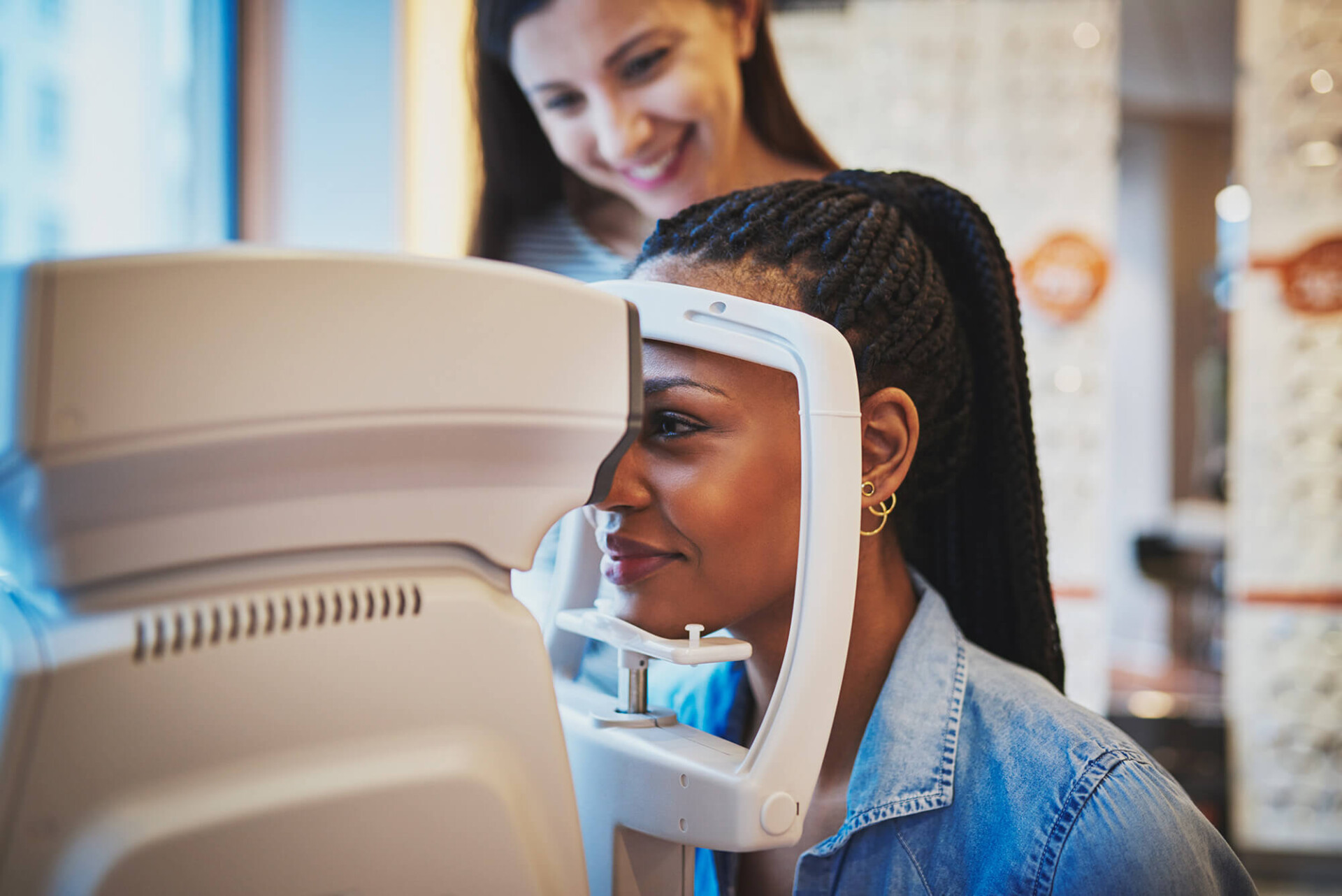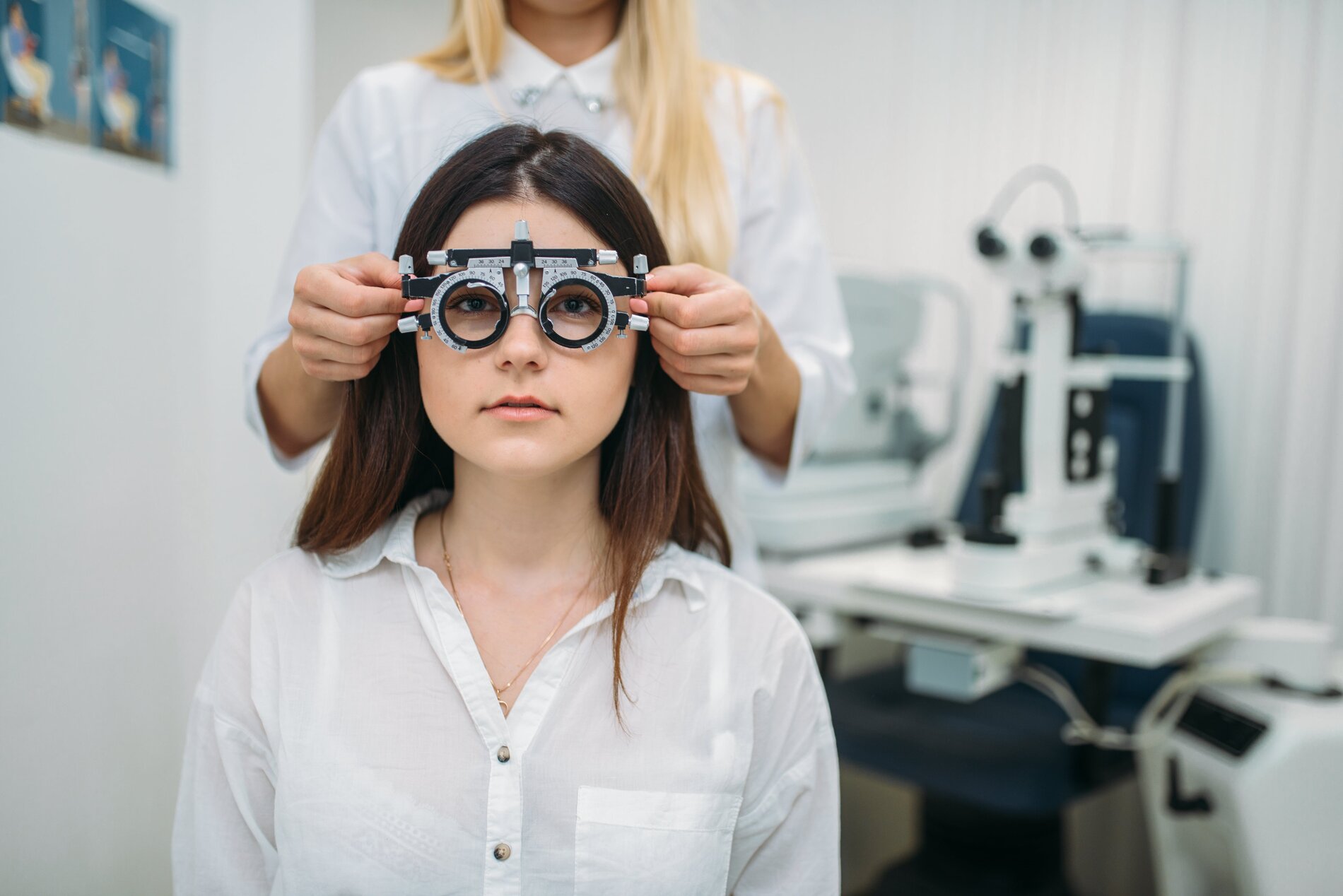
Eye Exams for Seniors
The purpose of eye exams goes beyond determining your prescription for glasses or contact lenses. A comprehensive eye exam at Eyeology consists of assessing your vision, refractive error (prescription), binocular vision (the way your eye muscles work together), and the health of your eyes, inside and out.
Regular eye examinations are necessary to maintain healthy eyes and good vision. Our doctors will look for any signs of potential problems and diseases during an examination, as well as any changes that have occurred in your vision since your last checkup.
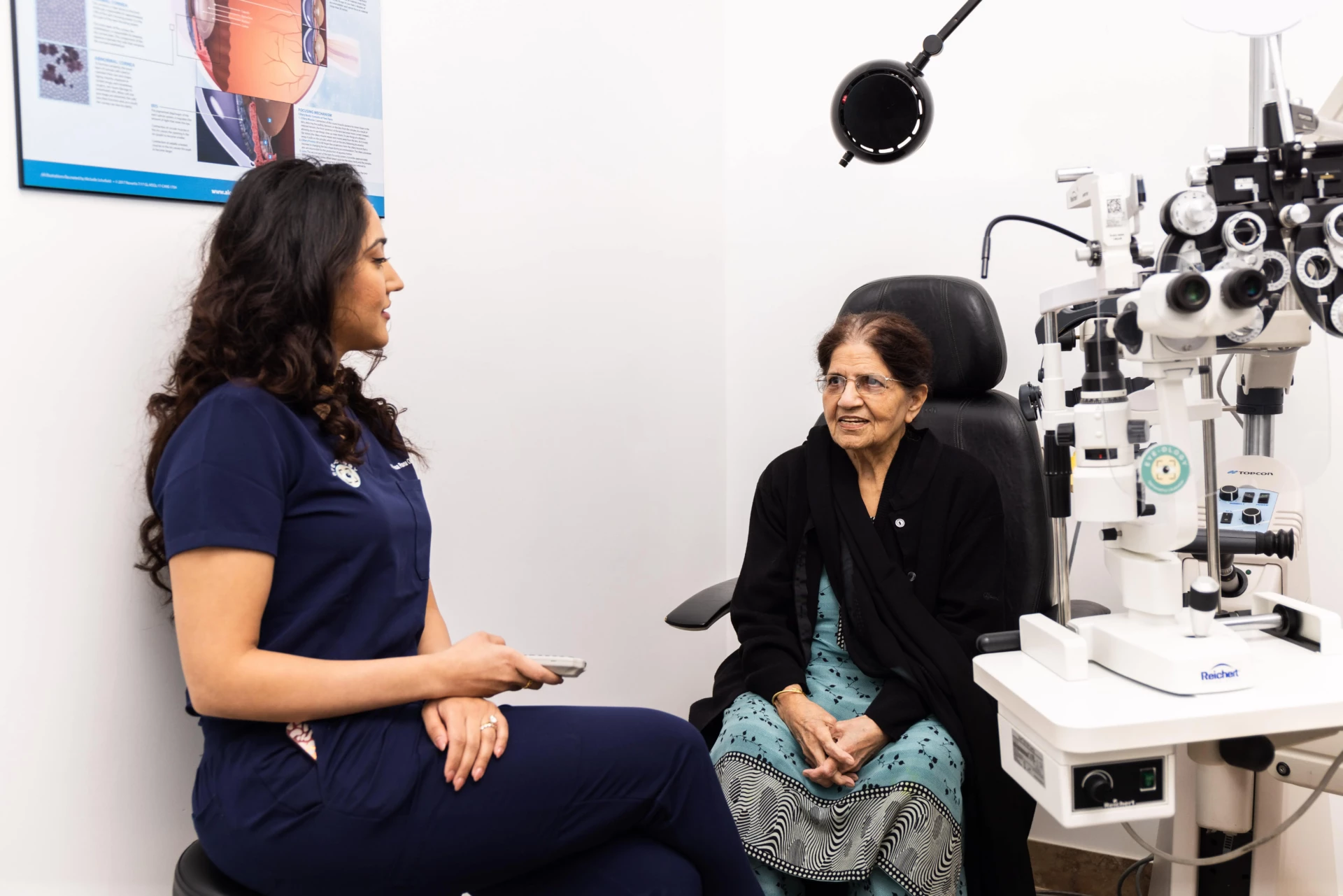
Eye Exams for Seniors
Aging brings about various changes, and our eyes are no exception. As we grow older, the risk for certain eye conditions such as cataracts, age-related macular degeneration, and glaucoma increases. At Eyeology, we recognize the unique vision care needs of our senior patients. Our comprehensive eye exams for seniors not only determine the prescription for glasses or contact lenses but also thoroughly assess the health of the eyes to detect early signs of age-related conditions.
Trust in Eyeology's commitment to preserving and enhancing the vision of our senior community, ensuring clarity and quality of life in the years to come.

Eye Exams for Children
A pediatric eye exam is vital to your child’s health and academic performance. The importance of detecting visual problems in childhood is based on the recognition that 25% of school-aged children* have some form of a vision disorder. If left untreated this may result in irreversible loss of vision in one or both eyes and affect their learning potential.
Experts say that 80% of what your child learns in school is presented visually. Undetected vision problems can put them at a significant disadvantage versus their peers.
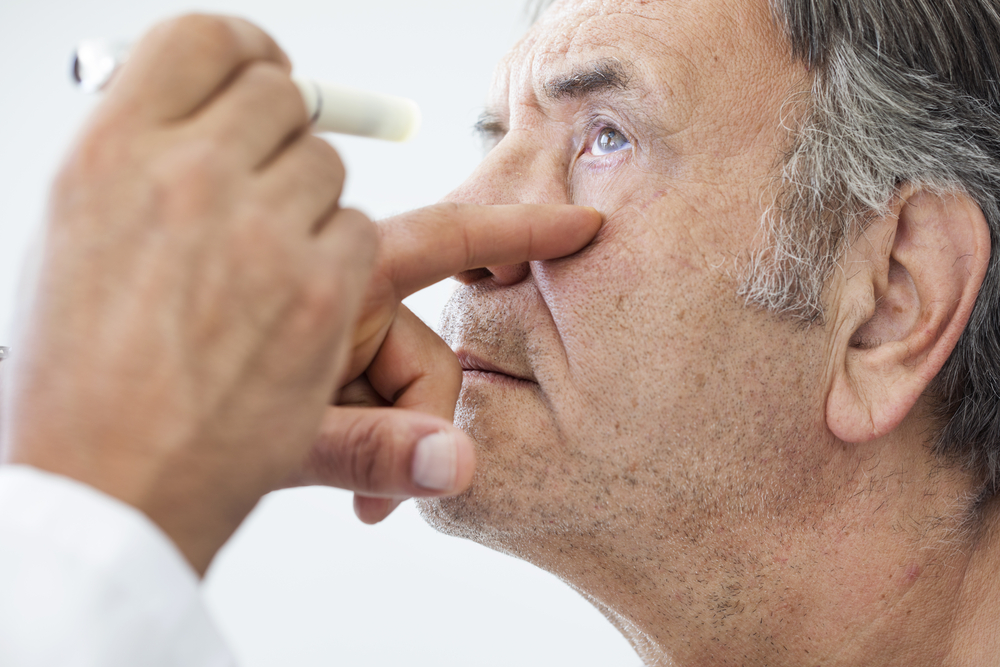
Eye Exams for Diabetics
Diabetic eye disease refers to a group of eye conditions that can result from diabetes. Diabetic eye disease is a potential complication for anyone with diabetes and can occasionally present in patients who have not yet been diagnosed with diabetes. Any visual or retinal change secondary to diabetes can cause severe vision loss or even blindness if not detected early and treated, if necessary. We recommend an annual comprehensive eye exam for all diabetic patients.
During the eye examination, the doctor will often instill eye drops to dilate the pupils in order to better visualize the retina (the inner lining of the eye). The early stages of diabetic eye disease often have no symptoms so an annual eye examination is imperative to maintaining good ocular health.
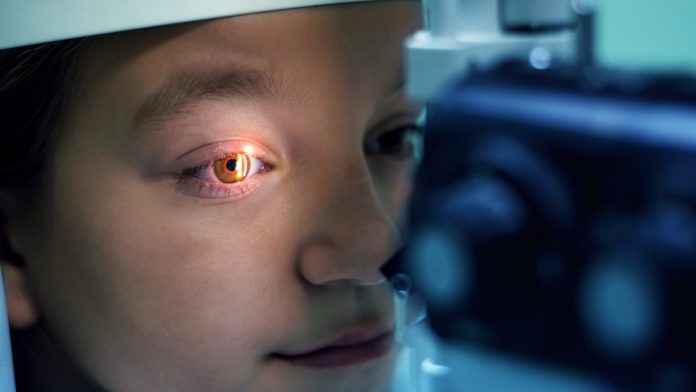
Glaucoma Testing
Glaucoma is a group of eye conditions that damage the optic nerve. The optic nerve connects the eye to the brain and is vital for good vision. Damage to the optic nerve typically occurs when eye pressure is abnormally high. Any changes to the optic nerve can reduce peripheral (side) vision and lead to potential blindness. Any vision loss from glaucoma is irreversible.
Glaucoma is often said to be the “silent thief of sight” because many forms of glaucoma do not have any symptoms. The most common type of glaucoma has no early warning signs and can only be detected through a comprehensive eye exam. Early detection and treatment is beneficial to slow the progression of the disease.
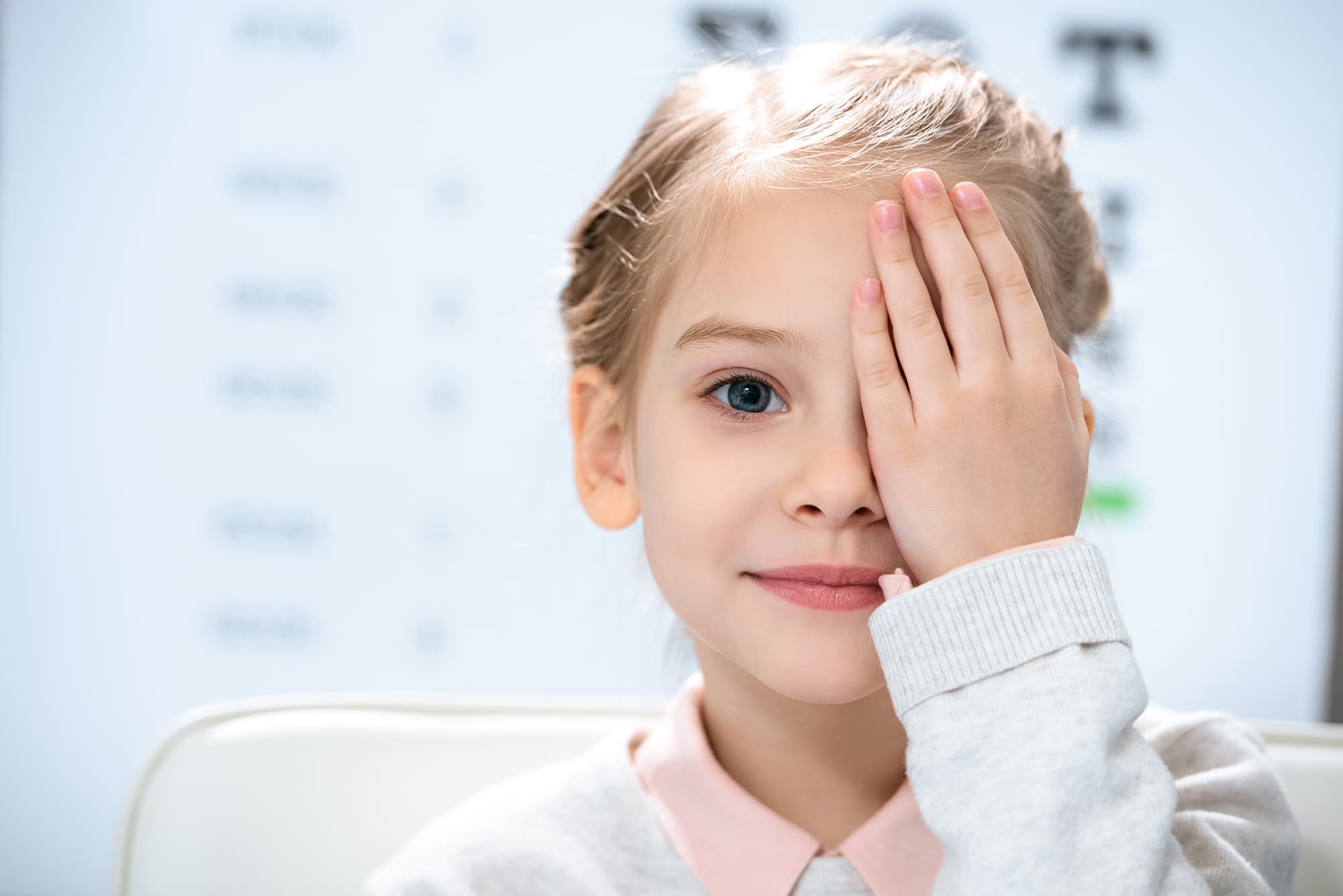
Myopia Control
Myopia, also known as nearsightedness, occurs when distant objects appear blurry.
“Myopia control” is the process of slowing down the progression of myopia in order for your child’s prescription to be kept as low as possible. Myopia control is accomplished through the use of prescription eyedrops or specialty designed contact lenses.
The amount of myopia plays an important role in overall eye health. It is known that moderate to high levels of myopia can increase the risk of eye diseases such as retinal detachments, myopic degeneration, and glaucoma.
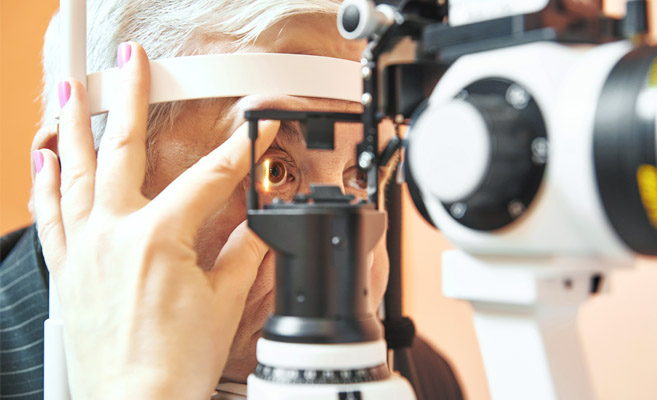
Dry Eye Treatment
Dry eye disease is an increasingly common disorder that occurs when your eyes don’t receive quality lubrication to moisturize and nourish the eyes. It can cause a combination of symptoms including discomfort, burning, itching, tearing, fatigue and decreased vision. Dry eye can also be caused by medications, contact lenses, digital devices, environmental factors, allergies and other systemic conditions. Our optometrists will use your health history, lifestyle, and high powered microscope to help diagnose this condition and offer treatment options that can provide relief and manage symptoms. Although dry eye disease is a chronic condition, with the help of our optometrists, you will be able to understand and treat your dry eyes and maintain your daily life.
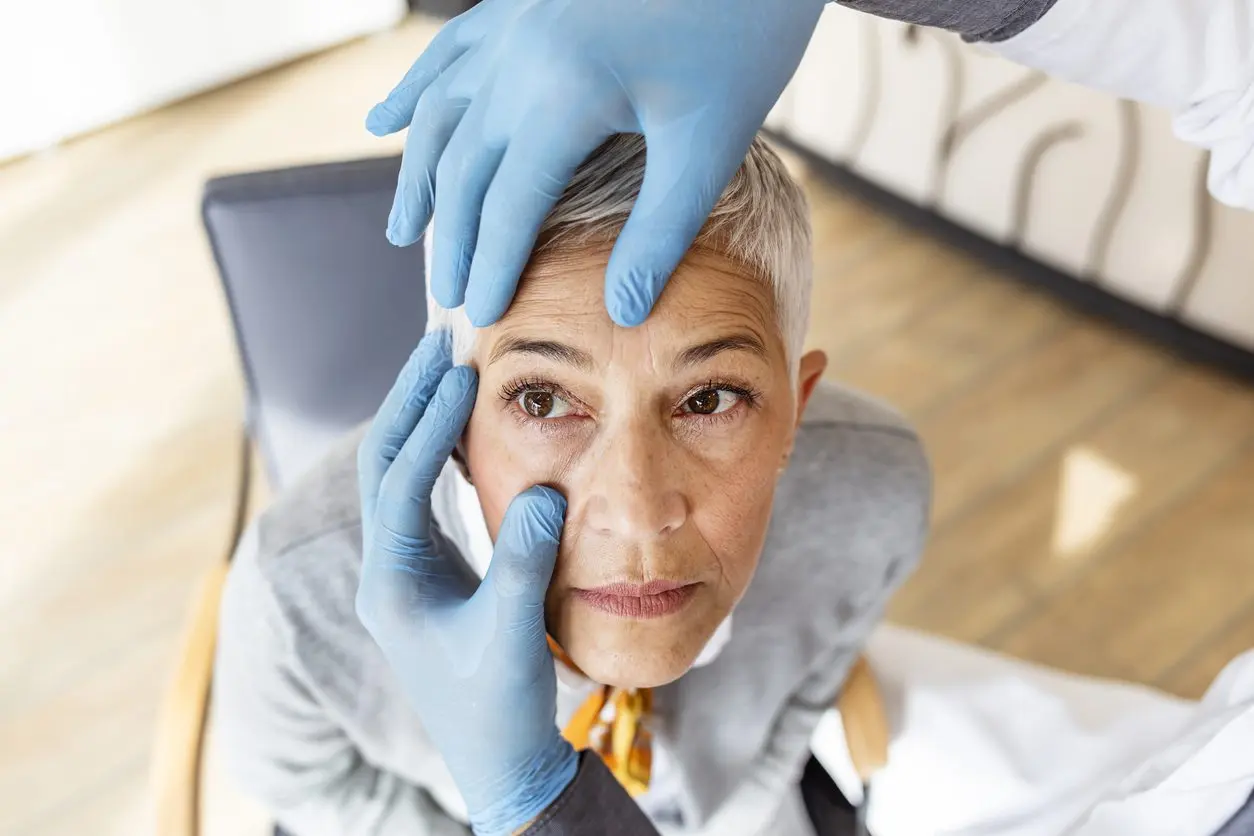
Cataracts
This is a common eye disease that typically affects older adults. Cataracts occur when there is a clouding or opacity of the natural internal lens of the eye. In some cases, this opacity is a small spot, whereas in others it will cover the entire lens. When this occurs, the light that enters the eye becomes scattered, causing images to appear blurred and hazy.
At first, you may not notice that you have a cataract. But over time, cataracts can make your vision blurry, hazy, or less colorful. You may have trouble reading or doing other everyday activities. The best treatment for those with cataracts is surgery, at which points we will replace the cataract lens with a plastic, man-made lens.
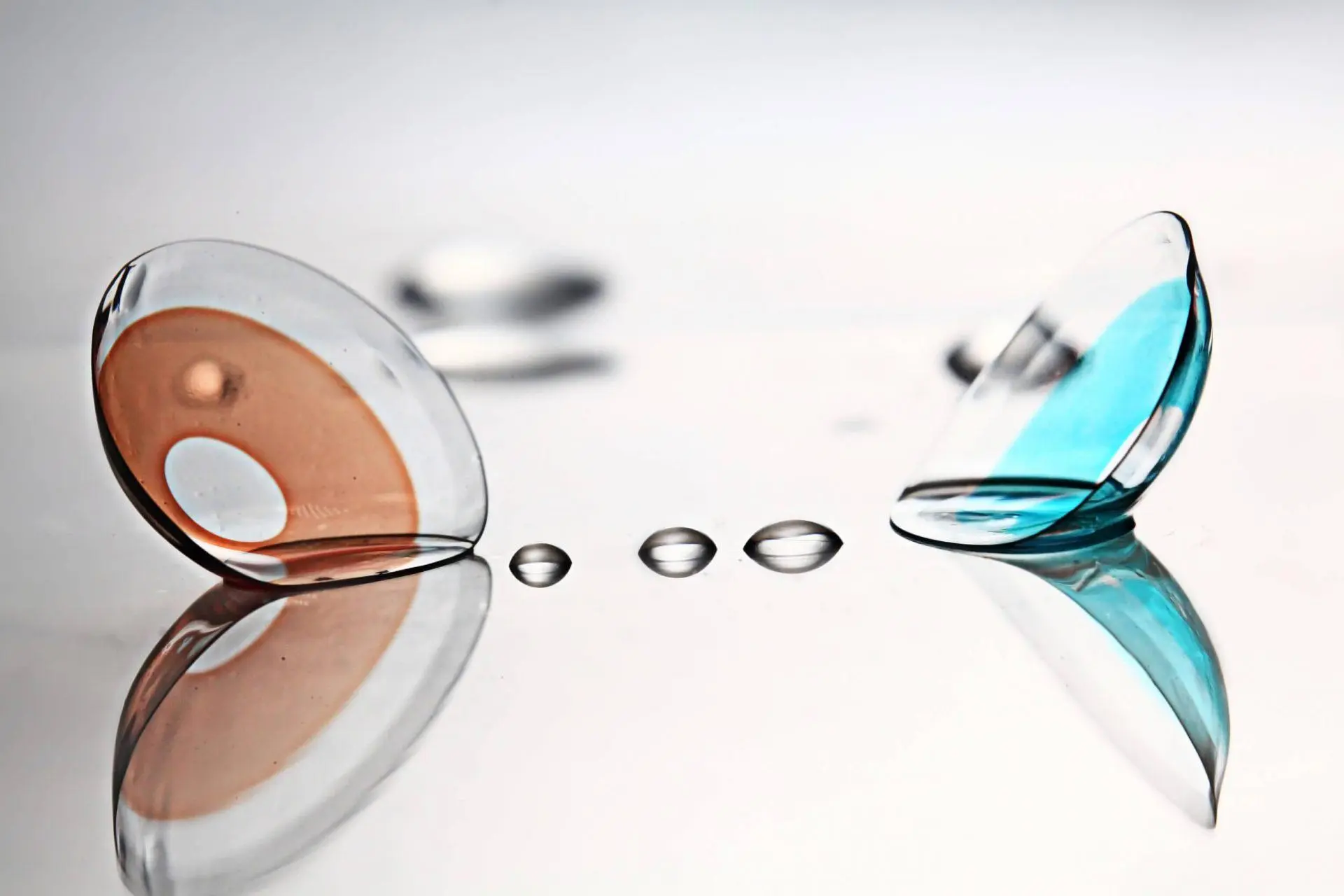
Speciality Contact Lens
Traditional contact lenses may not fit or feel right for everyone. At Eyeology, we offer specialty contact lenses designed to cater to unique eye conditions, shapes, or vision needs. Whether you have keratoconus, astigmatism, or require post-surgical lenses, our team of experts ensures a personalized fitting experience. These lenses provide optimal comfort and improved vision tailored just for you. Navigating the world of specialty lenses can be daunting, but our specialists are here to guide you every step of the way.
It's essential to have a specialist evaluate your eyes to determine the best fit and type of specialty lens suitable for your needs, ensuring you achieve the best possible vision and comfort.
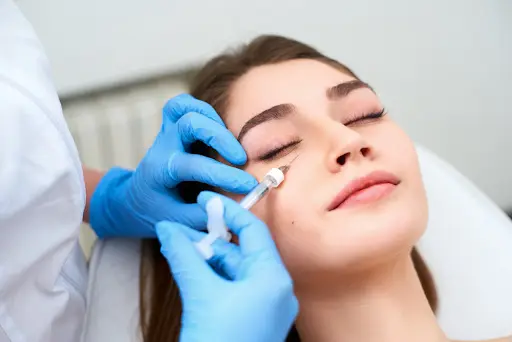
Eye Aesthetics
Your eyes aren't just the window to your soul; they also play a significant role in your overall appearance. At Eyeology, we offer aesthetic services designed to rejuvenate and enhance the beauty of your eyes. From non-invasive treatments to reduce under-eye bags and dark circles to procedures that lift and tighten the eyelids, we focus on providing natural and youthful results. With our team of skilled professionals and cutting-edge techniques, we help restore confidence and brightness to your eyes. Entrust your eye aesthetics to our dedicated professionals and let your eyes shine brighter than ever, radiating confidence and vitality.

